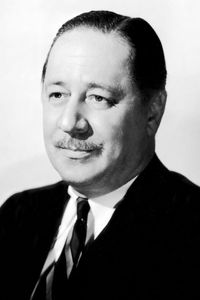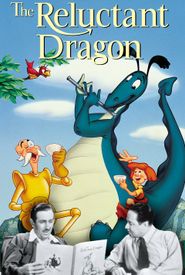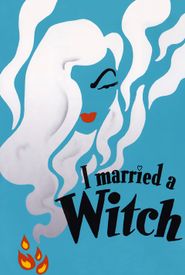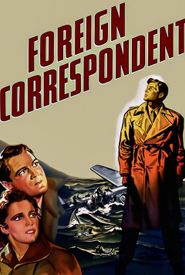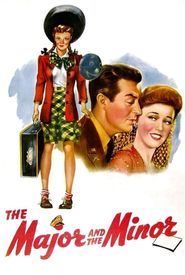Robert Benchley's rise to fame as a humorist and comedian was a remarkable journey, despite his own admission that he was neither a skilled writer nor actor. His early days as a Harvard undergraduate saw him take the stage for the first time, delivering a comedic performance that parodied a befuddled after-dinner speaker. This initial foray into comedy made him a campus celebrity, and he continued to perform this act throughout his life.
As a post-graduate journalist, Benchley's writing career was marked by frequent firings and disruptions, but he managed to make a lasting impact as a theater critic and writer of whimsical musings on modern life. During his brief tenure as managing editor of Vanity Fair, he worked alongside notable writers such as Dorothy Parker and Robert E. Sherwood, but he ultimately quit in protest of Parker's firing.
Benchley was a regular member of the Algonquin Round Table, a social circle of New York wits that included the likes of Harpo Marx and George S. Kaufman. His work as a contributor to The New Yorker had a significant influence on other writers, such as E.B. White and James Thurber, cementing his place as one of the most well-known humorists and comedians of his time.
Robert Benchley's remarkable journey to success was marked by his ability to adapt to various roles, from comedian to writer to editor. Despite his own self-doubt, he managed to leave a lasting legacy in the world of comedy and writing, and his influence can still be felt today.
